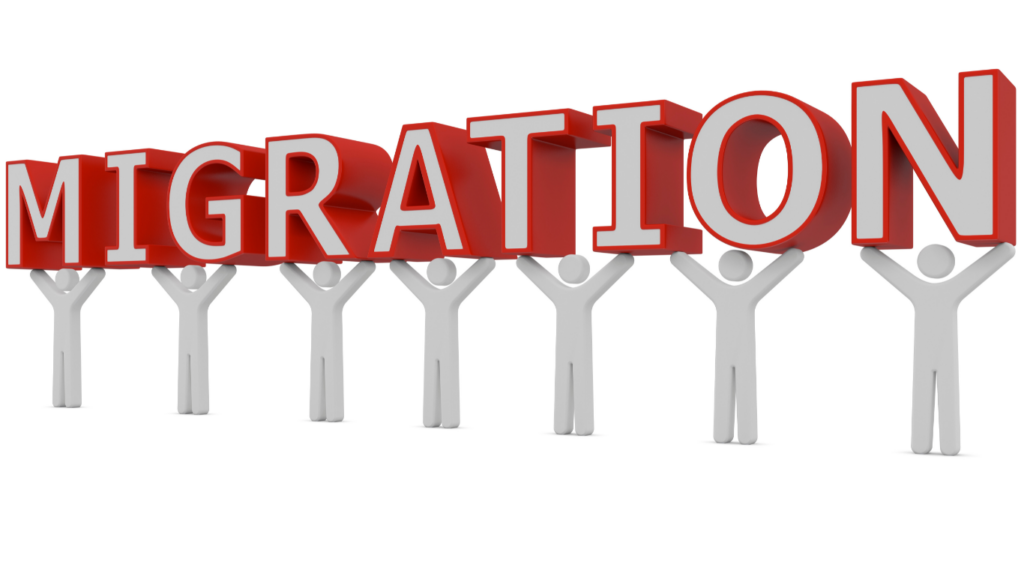Overview Of Key Upcoming International Elections
Key international elections scheduled this year are set to transform global political landscapes. These events influence governance structures, international relations, and economic priorities.
Significance Of Global Electoral Processes
Elections shape international alignments and policy shifts. Leadership changes directly impact diplomatic strategies and economic collaborations. For instance, national elections in large economies like India or Nigeria affect global trade and regional alliances. Cross-border issues like climate policy and migration hinge on the outcomes of democratic processes in key nations. Understanding these processes fosters better insights into emerging global trends.
Regions To Watch Closely
Several regions stand out due to their high-stakes electoral outcomes. South Asia, with India’s general elections, holds potential for shifts in global economic and geopolitical dynamics. Sub-Saharan Africa, featuring Nigeria’s elections, influences energy markets and regional stability. Europe, with slated elections in key nations like Poland, could redefine EU policies. Latin America, with nations like Argentina heading to the polls, is critical for trade partnerships and debt management strategies. Monitoring these areas reveals broader implications for global governance.
Highlighted Elections And Their Context
Key elections this year are set to transform political alignments and global partnerships. These elections carry far-reaching implications for governance and international collaboration.
Major Elections In Europe
Europe faces significant elections, with Poland’s parliamentary elections at the forefront. These elections are critical for determining Poland’s stance within the European Union, especially regarding judicial reforms and migration policies. The outcomes could realign its relationship with EU institutions and member states.
Spain’s potential snap elections also draw attention. Political instability could impact Spain’s leadership role within the EU. The results may influence EU decision-making processes, including economic and defense policies.
Pivotal Elections In Asia
India’s general elections stand out as a landmark event in South Asia. With over 900 million eligible voters, this electoral process impacts global economic policies and regional security. India’s leadership choices may shape its investment landscape, trade agreements, and geopolitical strategies.
Pakistan’s tumultuous political environment adds importance to its general elections. These elections will likely affect efforts to stabilize the country’s economy and security policies amid ongoing challenges in the region.
Key Elections In The Americas

Argentina’s general elections are crucial for addressing its economic crisis. Leadership decisions in Argentina will influence debt repayment strategies, inflation control measures, and trade partnerships with major economies like the US and China.
The United States’ midterm elections, while not presidential, carry weight due to their ability to shift legislative control. Legislative outcomes will influenceL
- policies on trade
- climate change
- international relations
Other key elections in the region, like Guatemala’s presidential runoff, could reshape governance in smaller economies.
Potential Global Impacts Of These Elections
Elections across key nations significantly influence international stability, economic policies, and diplomatic alignments. Leadership shifts often create ripple effects that redefine global priorities.
Economic Ramifications
- Election outcomes directly impact global markets, trade agreements, and foreign investments.
- In Argentina’s focus on addressing its debt crisis could reshape international lending frameworks and investor confidence.
- India’s elections may influence global trade policies by recalibrating supply chain strategies connected to its economy.
- In Nigeria, electoral results could determine oil production policies, affecting energy markets globally.
- These changes highlight the interconnectedness of economies and how elections drive shifts in trade flows and financial strategies worldwide.
Shifting International Alliances
Political shifts realign alliances and reshape global partnerships. For instance, Poland’s elections may determine its stance on EU integration, influencing European unity and security frameworks. Similarly, India’s geopolitical decisions post-elections could strengthen or alter partnerships within South Asia and beyond. In Latin America, Argentina’s leadership could impact regional trade blocs such as Mercosur. Leadership changes in major powers often prompt negotiations that realign diplomatic ties, directly affecting global governance structures.
Human Rights And Policy Changes
Elections influence national and international policy approaches to human rights and governance. In Pakistan, electoral outcomes could stabilize economic and social systems, fostering improved infrastructure and humanitarian conditions. European nations like Spain and Poland hold potential to redefine migration policies, directly impacting refugee dynamics across the continent. Argentina’s new administration could revise social welfare programs, affecting human development indices. As leadership priorities evolve, international and domestic policies around human rights and governance often shift accordingly.





